Are you aware of the extent and consequences of fatherlessness in the United States?
24.7 million children live in a home without the physical presence of a father, and millions more live with fathers who are physically present, but emotionally absent. Because of this, their mental health, substance dependence and future, in general, is placed at risk.
At Complete Family Treatment Services, we know families come in all forms, and you can still raise your children well if your support system has a different structure. However, we make it our mission to keep mom and dad happy in order to ensure a bright future for the kids. Our therapists believe the key to a healthy mind and body is a loving, caring family and home life, so we look at your situation holistically to help you achieve this.
The Stats
The following fast facts from Fathers.com show why we place so much of our focus on this crisis:
- Remember that figure from earlier, 24.7 million kids? That’s 33%, or one-third, of all the children in the United States.
- This number has grown exponentially — in 1960, this applied to only 8% of children
- Figures are also disproportionately skewed to people of color: 57.6% of black children, 31.2% of Hispanic children, and 20.7% of white children live without biological fathers.
- According to 72.2% of the U.S. population, fatherlessness is the most significant family or social problem facing America. If this were a disease, it would be an epidemic.
What are the results of fatherlessness?
Poverty: 12 percent of children in married-couple families were living in poverty, compared to 44 percent of children in mother-only families. When the mother is left to both care for her children AND provide for them, struggles arise.
Drug and Alcohol Abuse: Children are much more prone to use substances when not living with both of their parents.
Mental Illness: Children of single-parent homes are more than 2x as likely to commit suicide.
What can we do about this?
Fathers should want their children to succeed in their schooling, careers and marriages. They should want them to maintain good mental health and stay out of trouble. That means dads need to step up and constantly make an effort to not only be present, but also be active in their parenting.
Want to do this but not sure where to begin? Our family therapy is a great way to start. We can give you evidence-based tactics and tools that you can implement at home to help hold your marriage and your family together.
We’re also currently gauging interest in a group class designed specifically for young fathers. If this sounds like something you’d be interested in, CONTACT US!
Finally, if both your parents are present, supportive influences in your life, be sure to give them a big hug the next time you see them! Loving fathers and mothers produce the next generation of successful, caring and intelligent adults.


Recent Comments